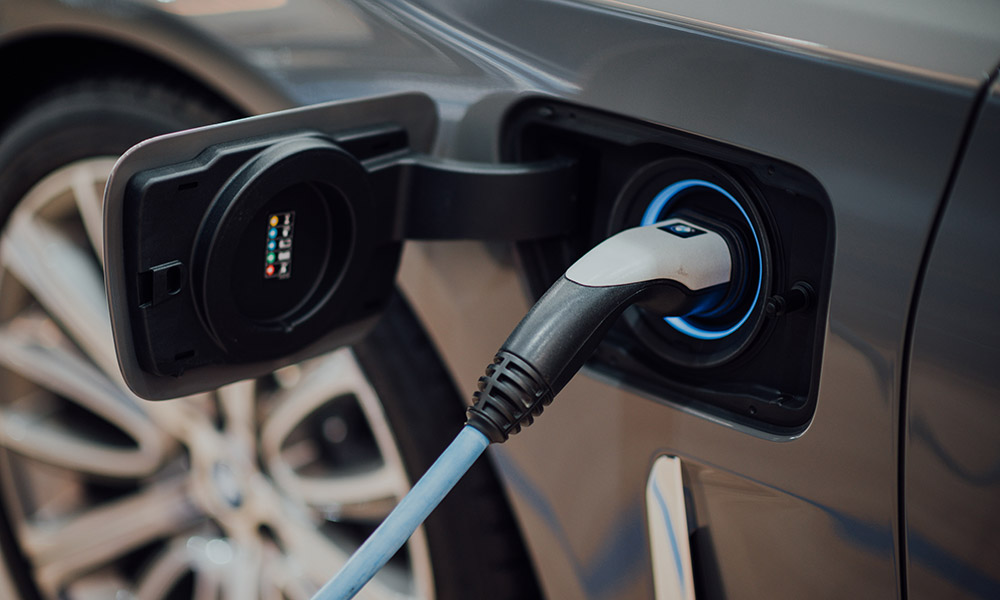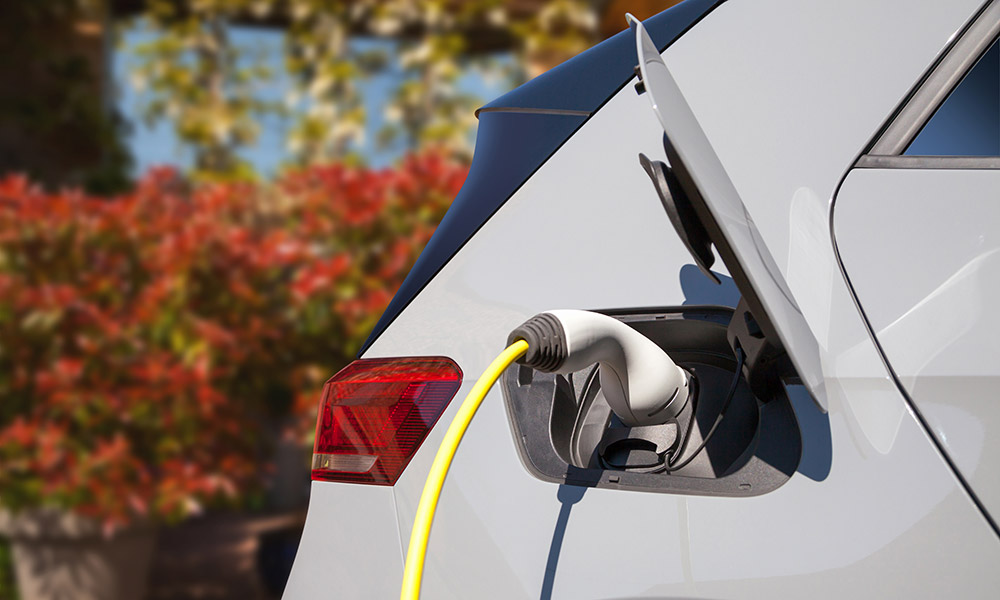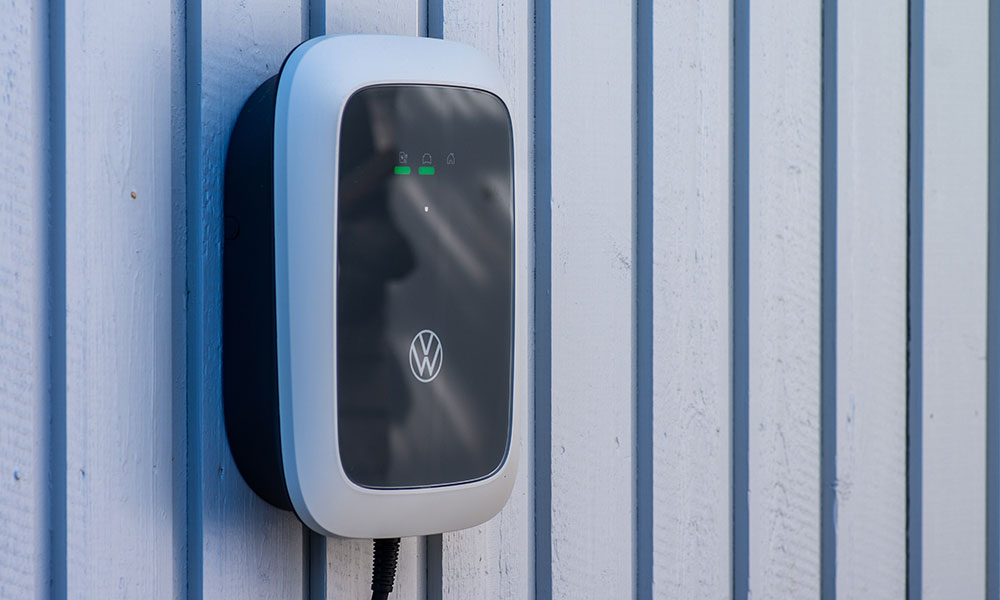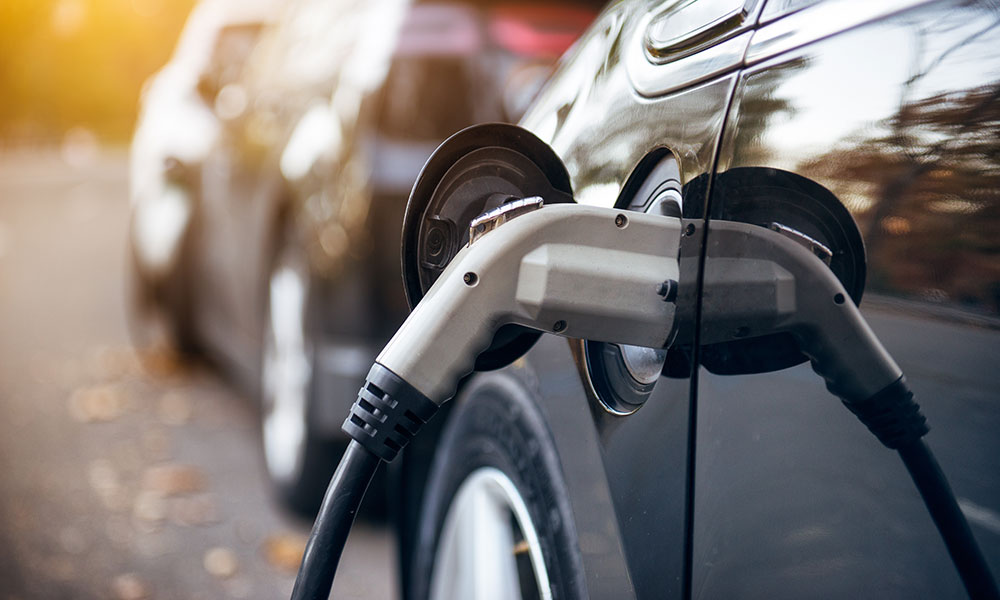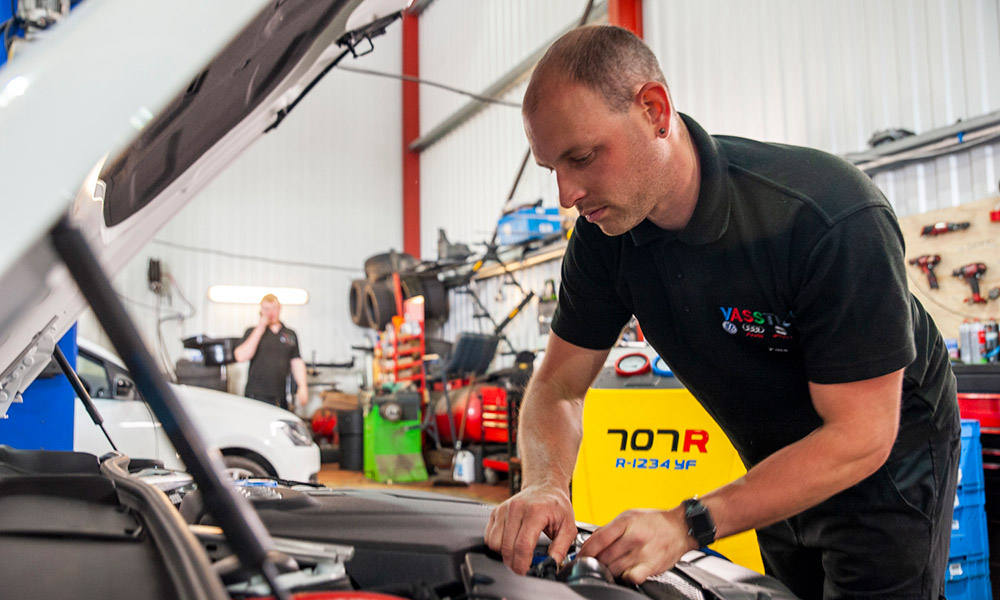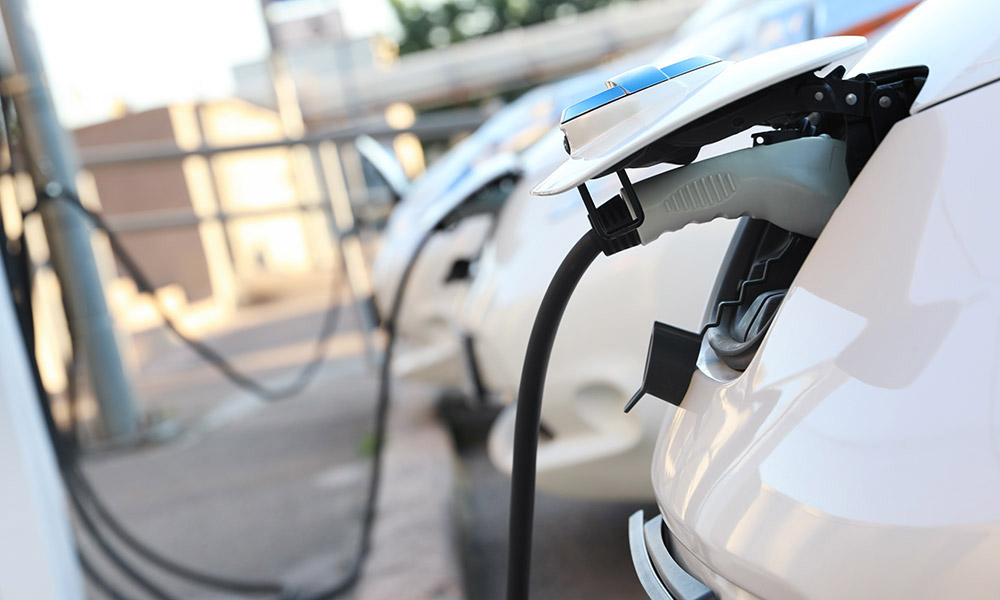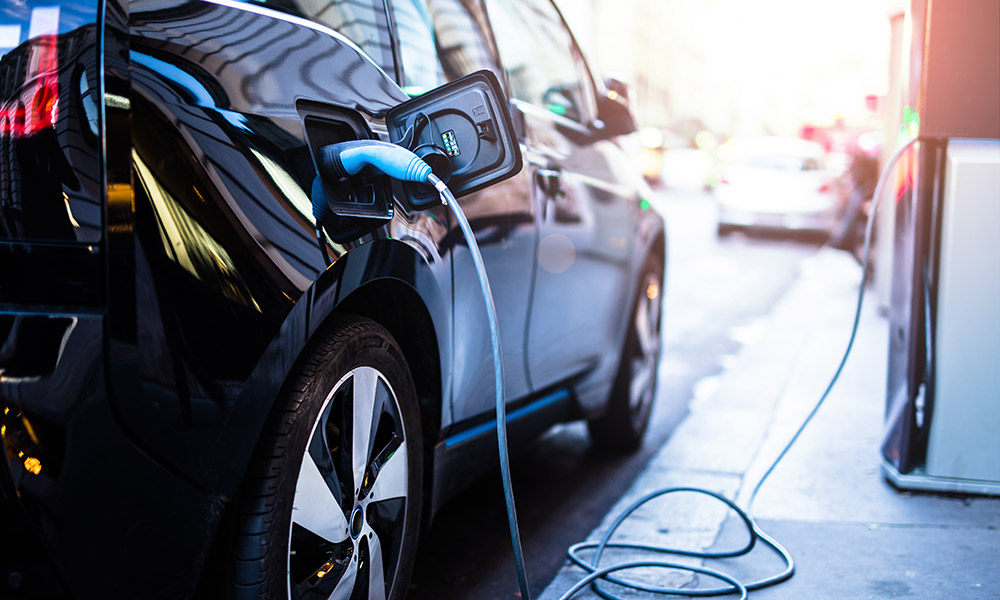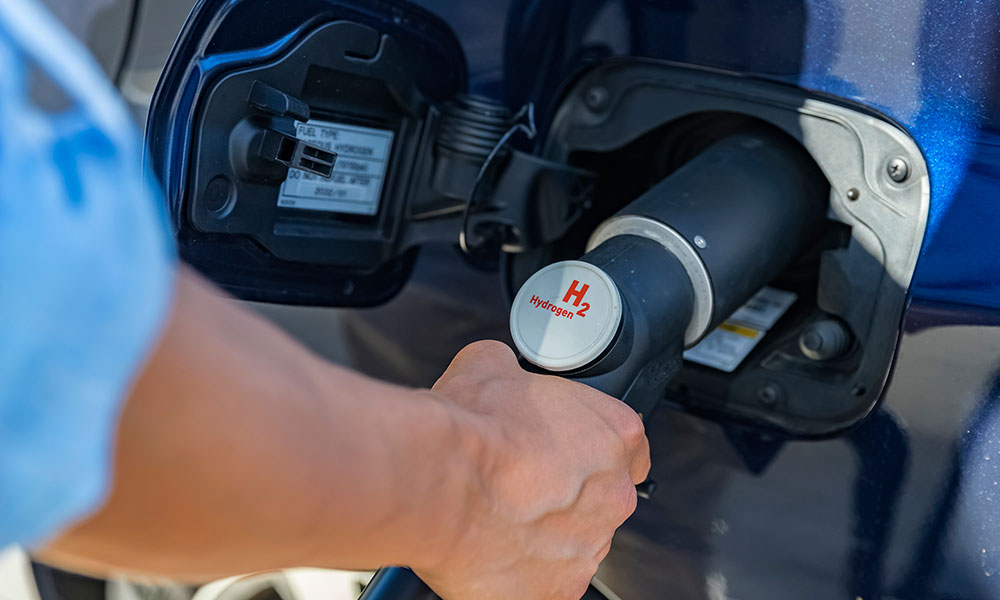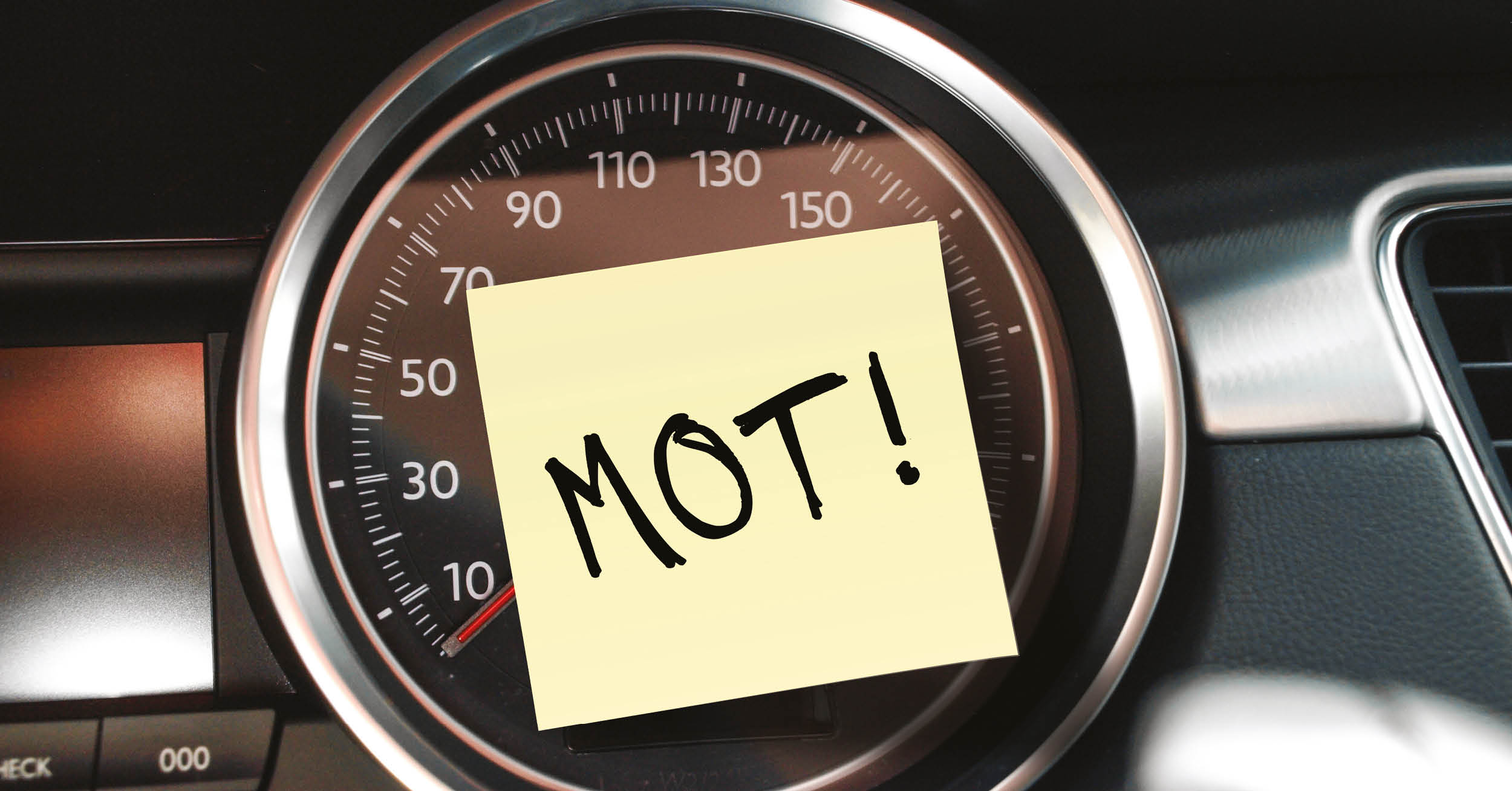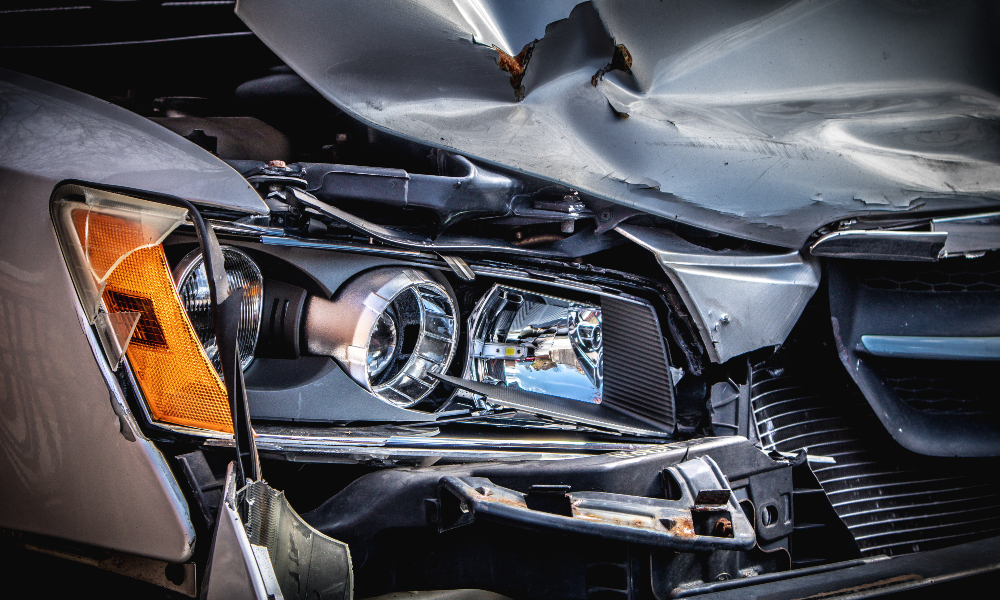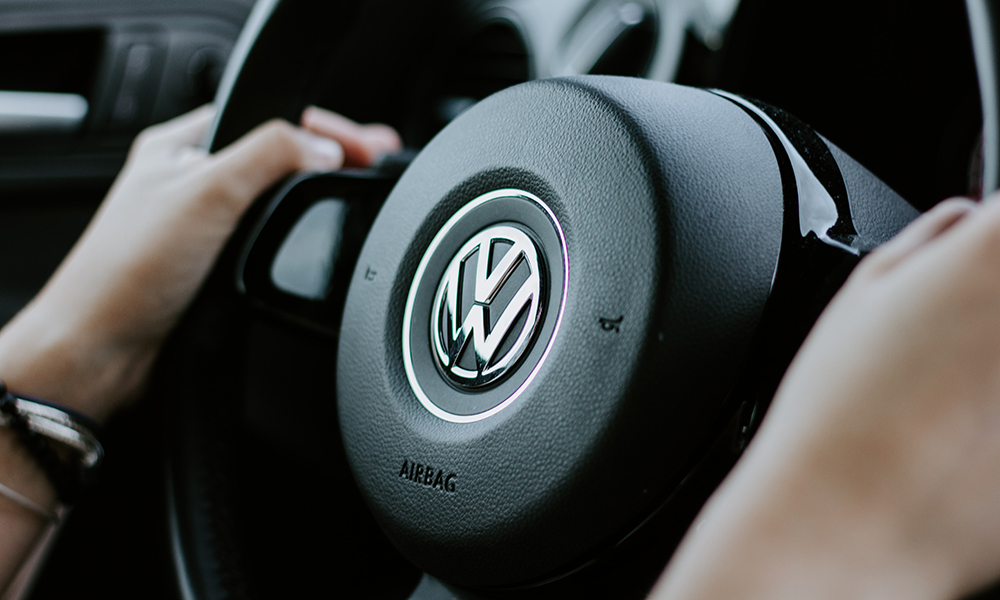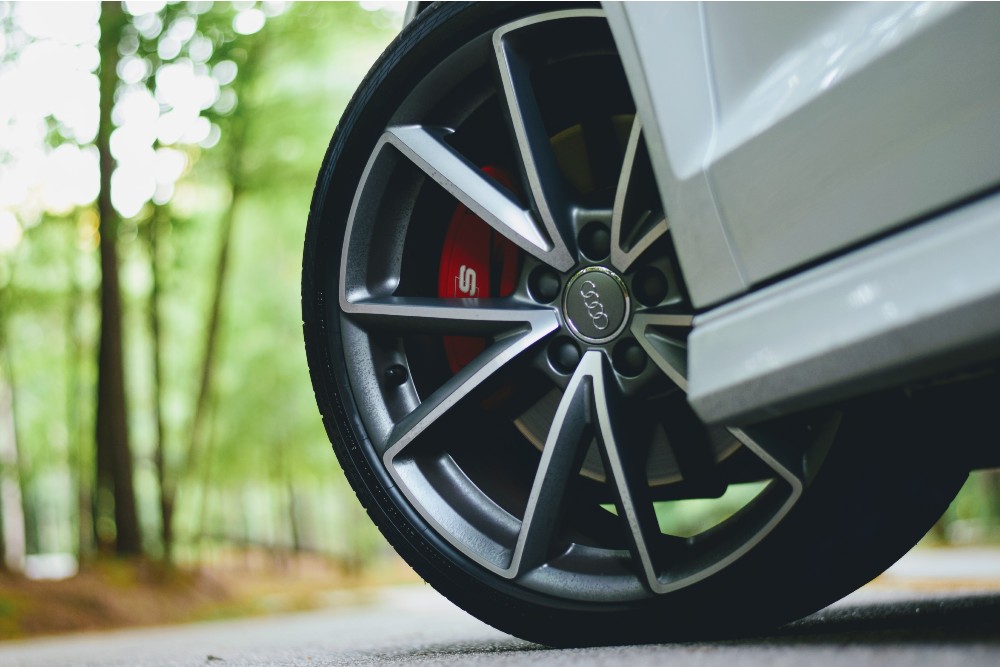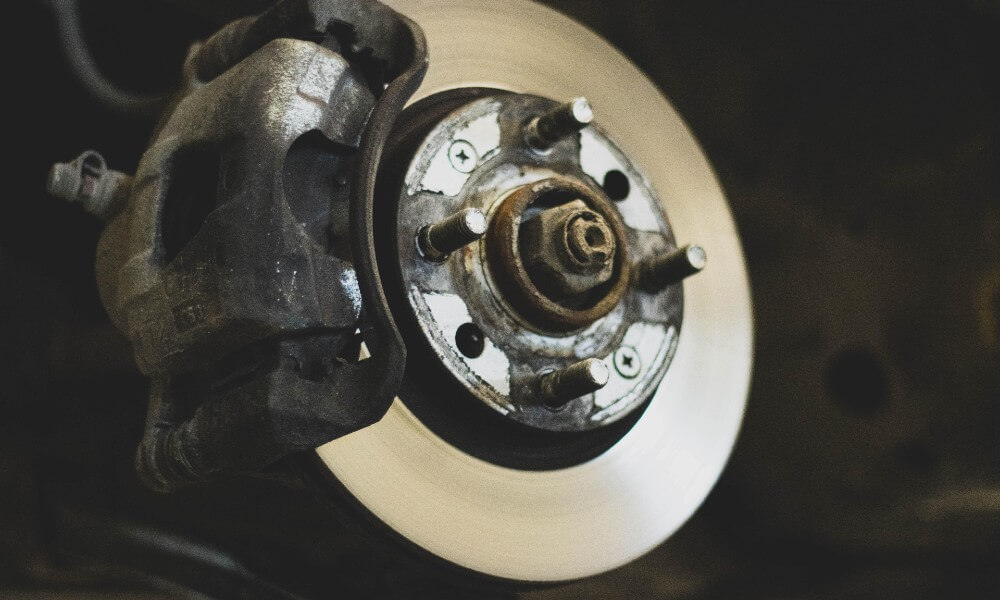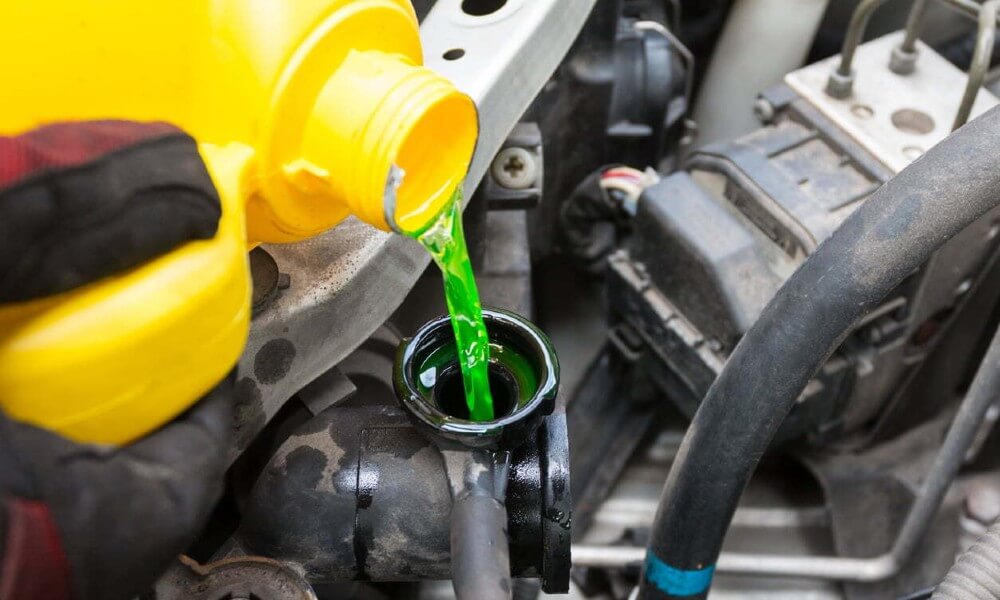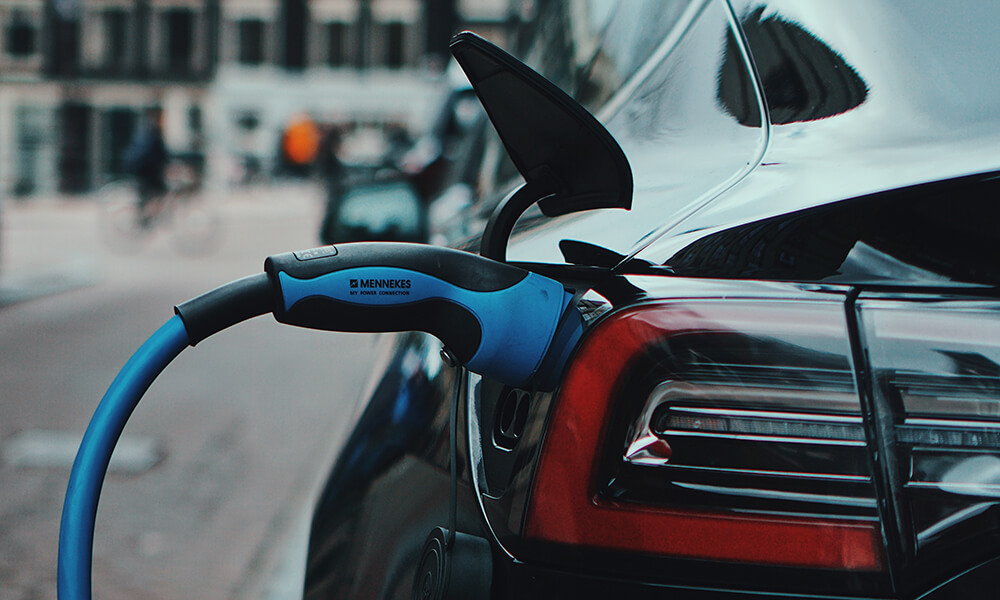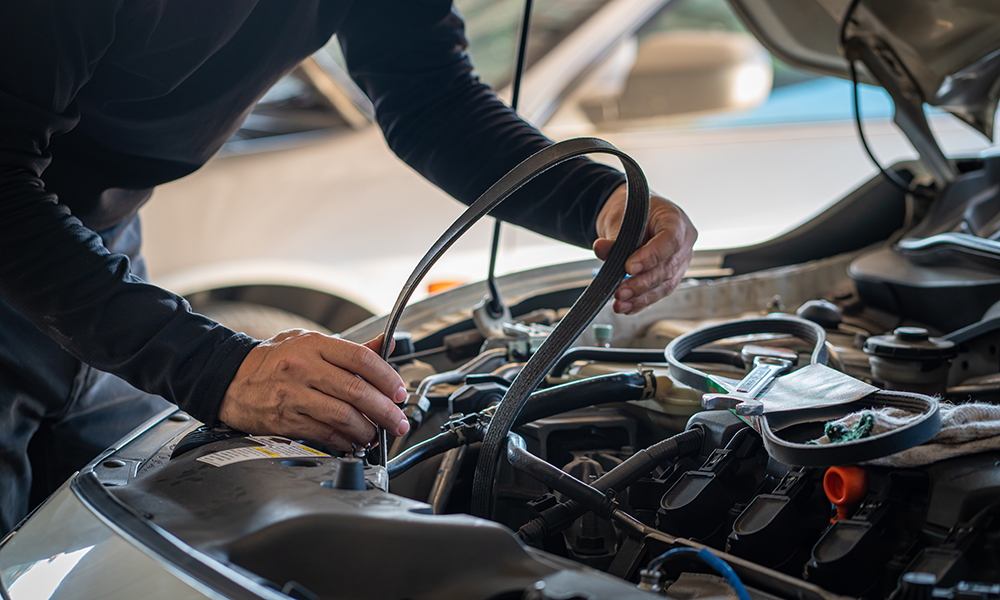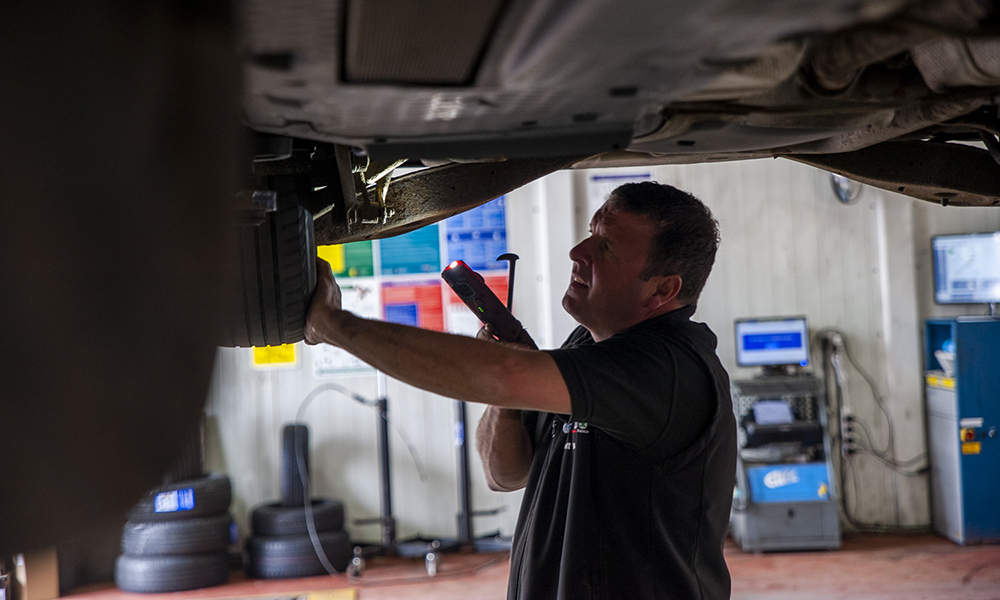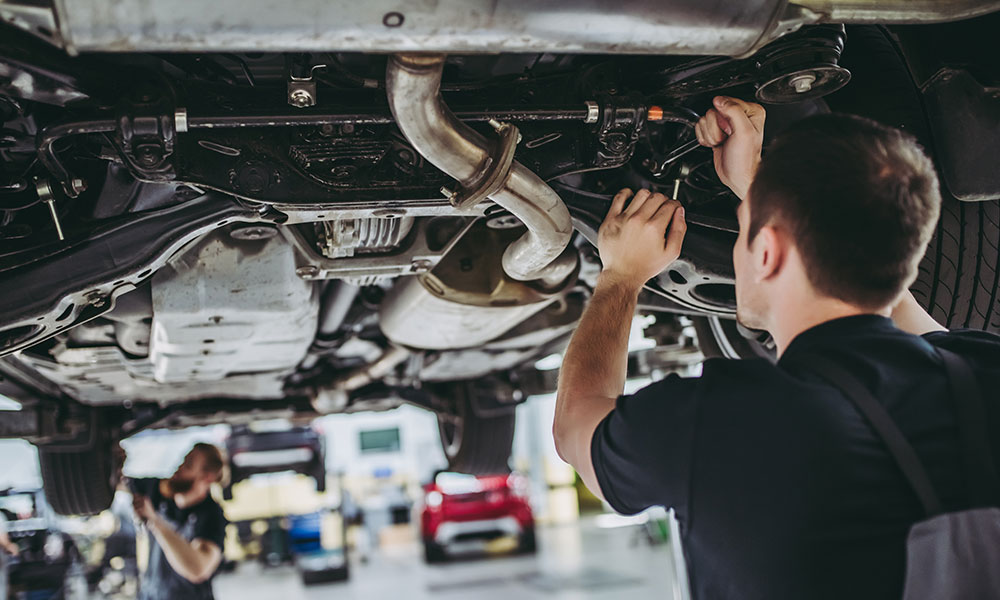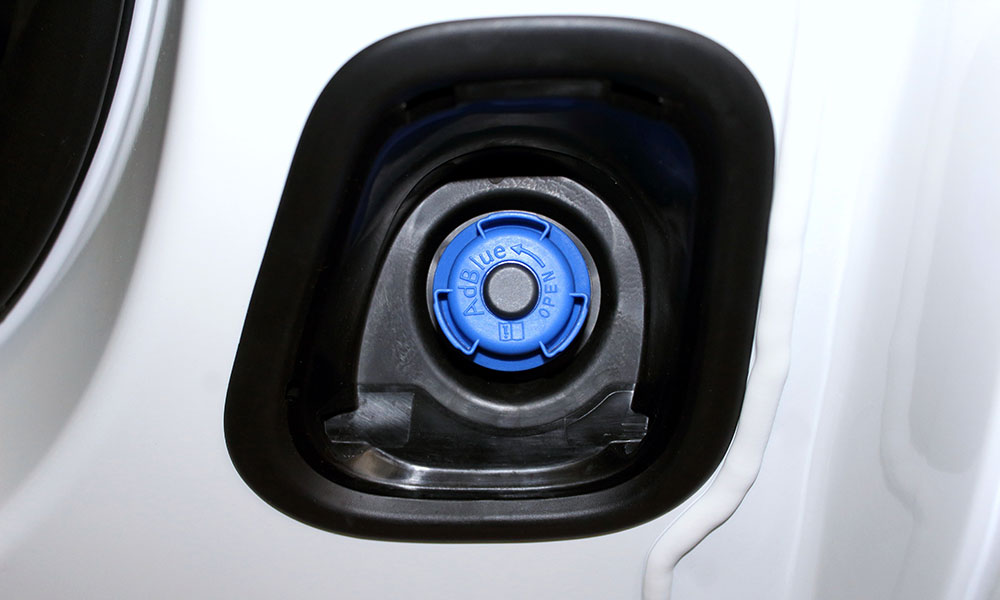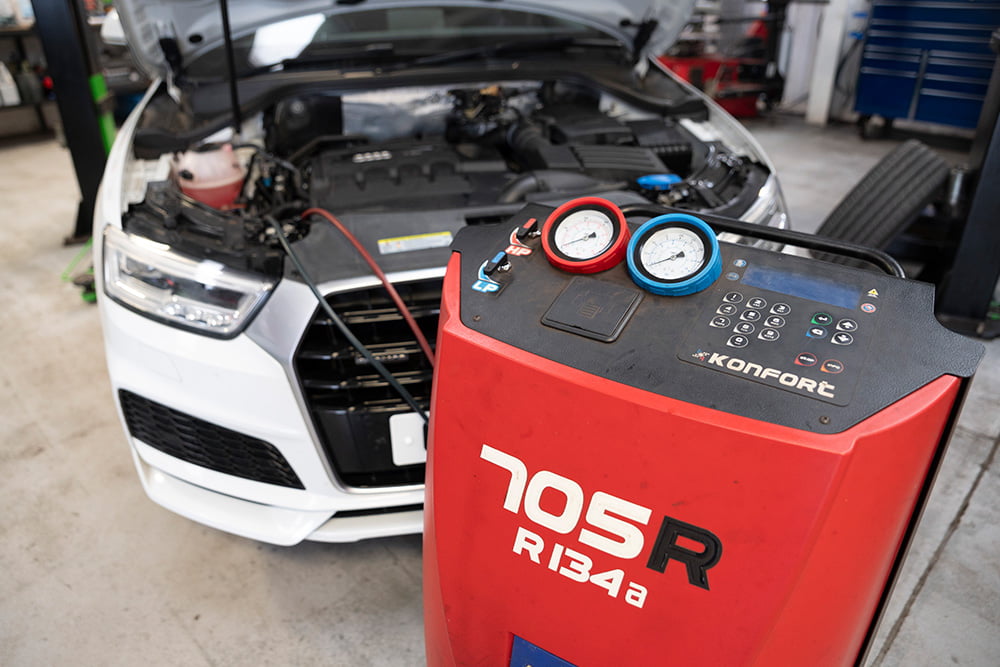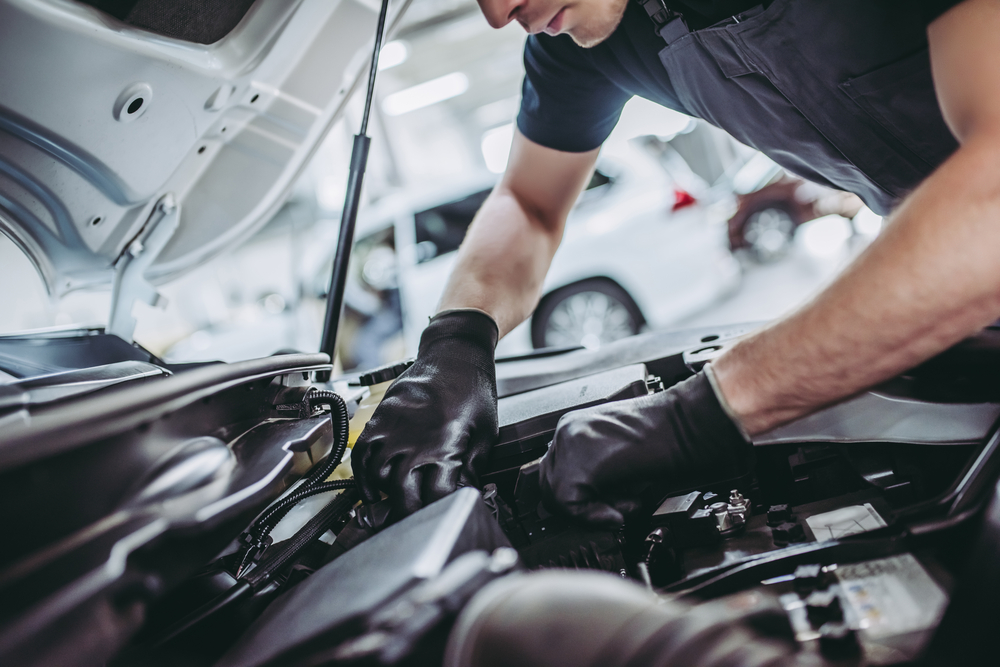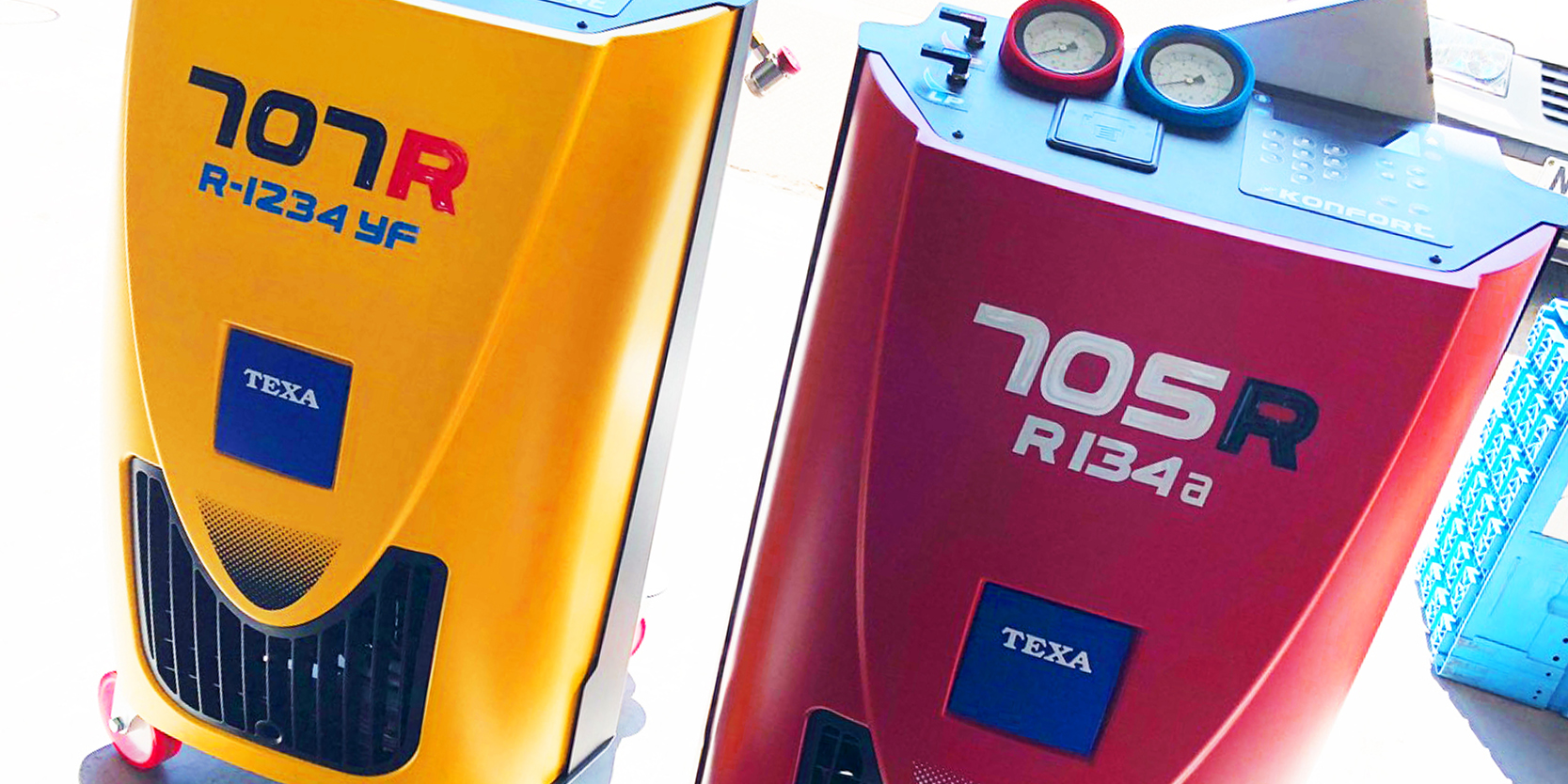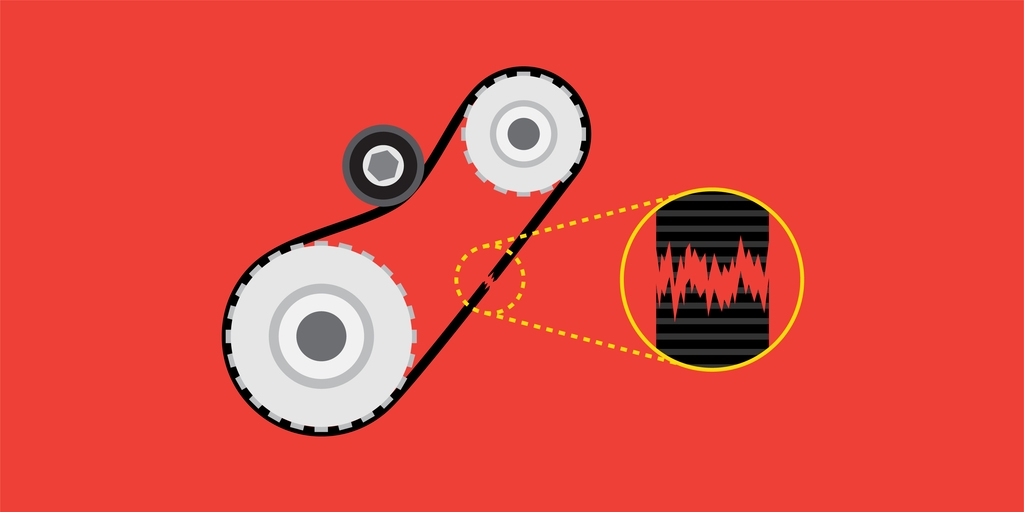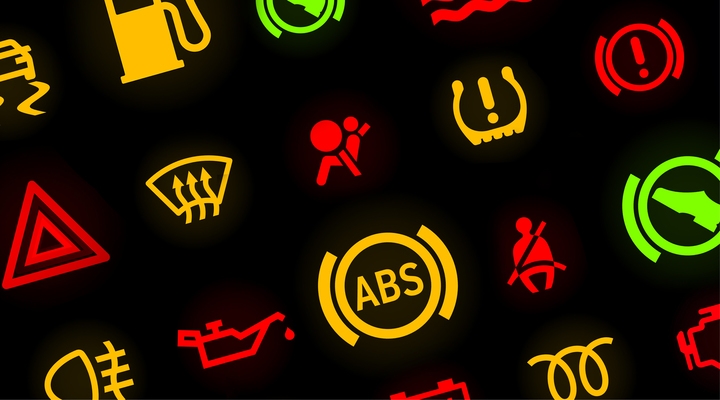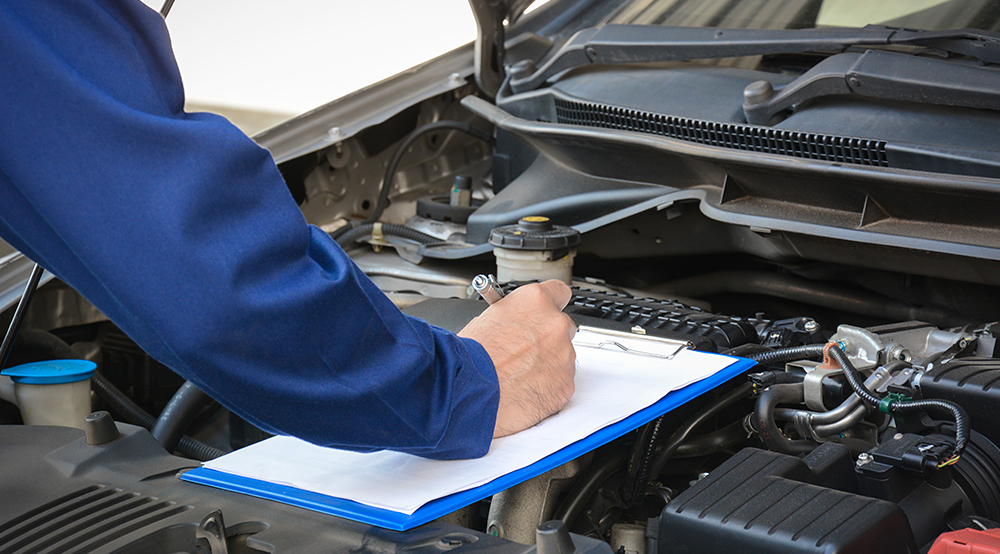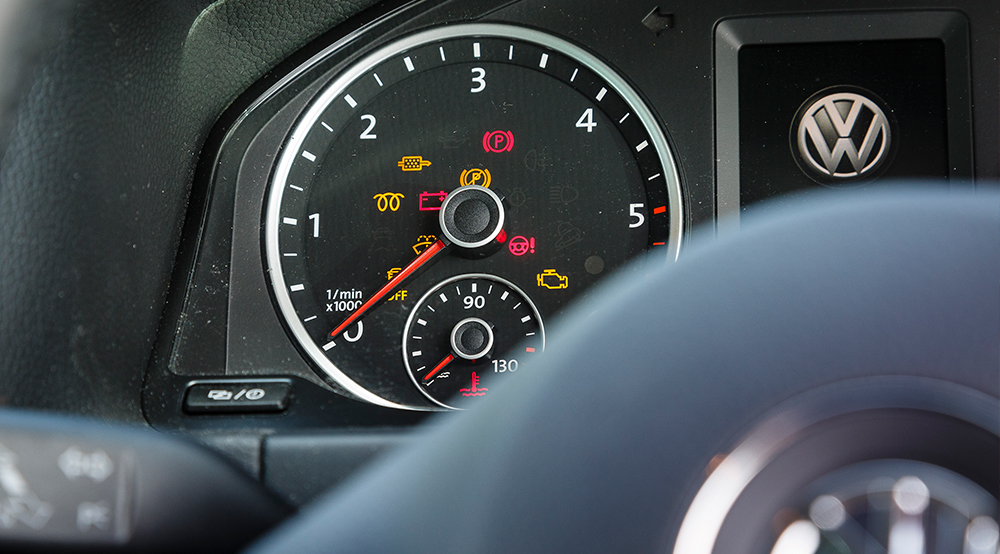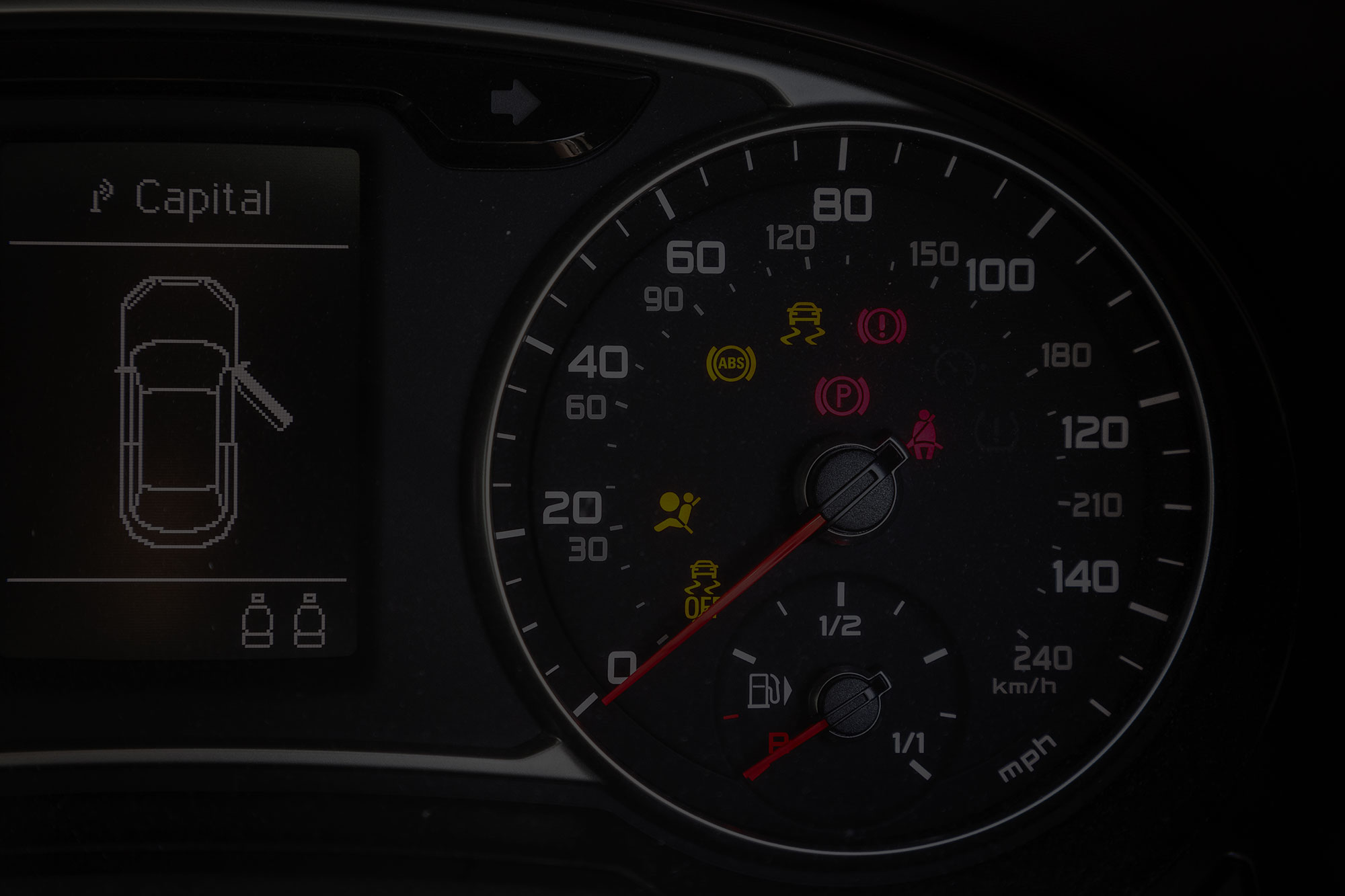When should you replace your car’s water pump?
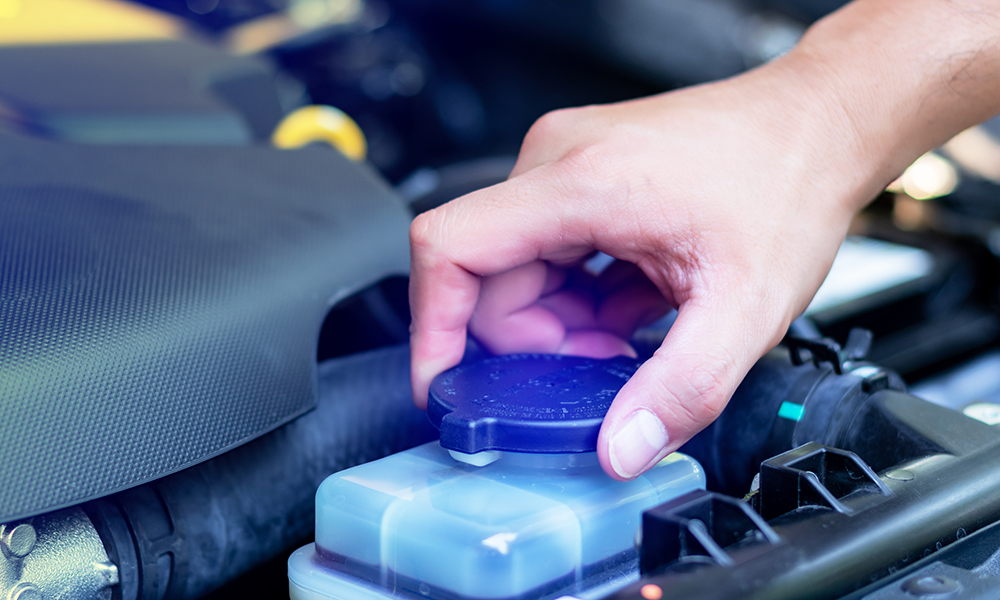
Have you noticed a new squeaking noise under the bonnet?
If the answer to that question is “yes”, then it could be a sign that your car’s water pump has a fault. A fully functioning water pump is essential in an internal combustion engine to ensure the coolant is being circulated adequately through the engine’s components.
A broken water pump can leave your vehicle susceptible to severe engine damage. Do you really want to run the risk of your engine seizing while you’re out and about?
How does a car’s water pump work?
Coolant needs to be able to circulate around your car’s cooling system effectively. Your car’s water pump creates this steady flow of coolant. If all the engine’s components are working at their optimum temperature, your vehicle is functioning correctly. Winner!
Without the pump, coolant wouldn’t be able to circulate around the engine, and it would evaporate. Then, the engine would overheat, and properly seize – which would be expensive. The timing belt drives your car’s water pump – and the relationship between these two components is crucial for the general health of your engine.
Water pump faults: know the warning signs
As a rule, Volkswagen Group vehicles should have their water pumps replaced every 60,000 – 120,000 miles. Here are some of the most common signs that your water pump needs replacing:
Coolant is leaking from under the bonnet
Suppose pools of fluid have started appearing underneath your car. In that case, it could be coolant (but you should investigate the cause of any new leaks from your vehicle). Coolant is stored inside the water pump using a series of gaskets and seals. Once these seals and gaskets start to wear, you’ll end up with coolant leaking out of the front of your car.
Your vehicle’s engine is overheating (or the temperature warning light has appeared)
Once a water pump starts failing, coolant cannot be circulated through the engine properly – which will cause the engine to overheat. As the engine gets hotter, the greater the likelihood of serious damage occurring. If you start seeing steam coming out from underneath your bonnet, then it’s a good sign to pull over, and call your local garage.
Your car won’t start
If you’ve already noticed some of the warning signs above, and your car won’t start – then it’s probably too late. Putting off having your water pump replaced could cause more severe engine damage. If this happens, you’ll have to have your car recovered to your local garage – which will only incur further costs.
Should you replace the water pump at the same time as the timing belt?
The performance of your water pump relies heavily on the functionality of your timing belt. If you read our last blog, you’ll know that timing belts don’t usually give a lot of warning before they fail. Much like timing belts, water pumps have a longer service interval.
Regardless of if you’re the first owner of your car, or it’s second-hand, then it’s likely still to have the original timing belt and water pump. So, if you’re past the ninety-thousand-mile mark, then it’s time to think about having both the timing belt and water pump replaced.
Not to mention, a new water pump doesn’t generally cost a lot. So, it makes sense that, while the mechanic has your timing belt off, the water pump is replaced at the same time. So, your pocket will be able to breathe a sigh of relief, too! In all likelihood, you won’t get charged for the additional labour.
Is running the risk of your water pump failing worth it?
Generally, take care of your vehicle. It’ll take care of you – and that includes the individual components (like the water pump). Knowingly driving with a faulty water pump is a massive gamble, and it isn’t worth the risk. If you’re unsure about the condition of your water pump, ask your local garage to take a look at its condition during your vehicle’s next MOT or service. And, if you don’t know when your water pump was last changed, remember: a new water pump will cost less than a new engine.



